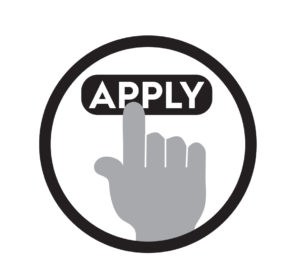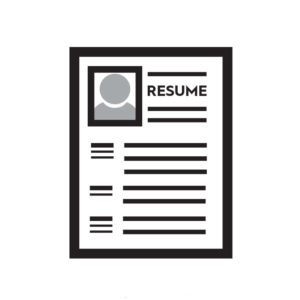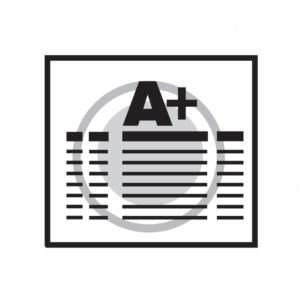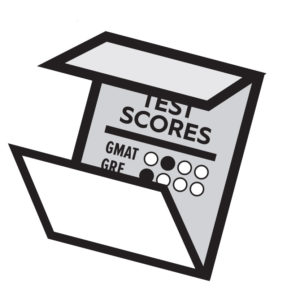
Receive your Master of Accountancy in as little as one year from Truman — one of the few universities worldwide to receive AACSB International accreditation for both Business and Accounting. Get personalized expert guidance from experienced faculty in a program known for its high CPA Exam pass rate.
Format: On Campus or Online
Two Paths to Completion

Synchronous Online
Let our expert faculty come to you.

In-person
Join us on our beautiful campus in Kirksville, Missouri.
Why study accounting at Truman
- #1 program in the nation according to the CPA Success Index (2021)
- Flexibility of online and in-person learning options
- AACSB school accreditation for both Accounting and Business
- Personalized attention from expert faculty
Accreditation
Curriculum
Your degree will be a mix of core coursework (18 credits), courses from your chosen track (Audit or Tax - 9 credits), and one elective (3 credits).
Discover current theory and financial reporting related to corporate acquisitions, mergers and consolidations, reporting international operations, and an introduction to the basic reporting model for state and local governments and private not-for-profit organizations.
Accounting in the cloud, electronic reporting and decision-making, using technology to solve problems and support accounting operations, protecting accounting data, current trends and ethical considerations.
Study of the roles that cost measurement, cost management, performance evaluation, and other current management accounting methods play in decision making.
This course introduces strategies and techniques for fraud prevention and detection. It focuses on financial fraud such as bribery, contract rigging and kickbacks, embezzlement, fraudulent financial reporting, payroll fraud, and misappropriation of inventory and other assets. Several real-life cases and examples will be used to illustrate how to detect and prevent fraud.
An advanced course in business law that covers law of agency, corporations, and partnerships. Negotiable instruments, secured transactions, bankruptcy, and sales.
An intensive course in data science for business applications using R, including regression, classification, non-linear models, tree-based methods, and unsupervised learning.
Track 1 – Audit
Discover current theory and financial reporting for state and local governments and not-for-profit entities.
This course will discuss the concepts of business analytics and its application in different business disciplines. Various descriptive, predictive, and prescriptive analytics techniques will be discussed. Quantitative modeling and analysis techniques will be used throughout the course to support decision making in a business environment.
Tackle advanced topics in auditing, information technology (IT) auditing, professional responsibilities, fraud responsibilities, internal controls, not-for-profit auditing, prospective financial statements, and current controversial issues.
OR
Track 2 – Tax
Federal income taxation of corporations and shareholders, including organization, capital structure, distributions, redemptions, reorganizations, division, liquidations, and affiliated groups.
Tax research methodologies and selected tax topics.
Examine federal income tax treatment of partnerships, S corporations, and estates and trusts.
Choose one of the following:
Discuss the concepts of business analytics and its application in different business disciplines. Various descriptive, predictive, and prescriptive analytics techniques will be discussed. Quantitative modeling and analysis techniques will be used throughout the course to support decision making in a business environment.
Examine some of the fundamental theories and practices from organizational behavior and human resource management for international organizations Of particular interest is the conduct of business in cultural settings where organizations must abide by the different customs, values, politics, and norms of the countries they penetrate to source and/or to market their goods and services.
Analyze issues related to global supply chains, including discussion of the current concerns of managing complex relationships such as building relationships with suppliers, developing transport and logistics systems, issues in management of supply chains and related ethical and global implications.
Study the theory and problems of financial management through case studies that provide a comprehensive view of the complex financial issues faced in the domestic and international environment.
Learn about the microstructure of derivative markets, principles and valuation methods of derivative assets, and risk management with derivatives.
Discover issues related to both international financial markets and the financial operations of a firm within the international environment. You’ll focus on the identification, measurement and management of the impact of exchange rates, taxation, political risk, financing and investment decisions, trade financing and the management of working capital.
Tackle advanced topics in auditing, information technology (IT) auditing, professional responsibilities, fraud responsibilities, internal controls, not-for-profit auditing, prospective financial statements, and current controversial issues.
Learn current theory and financial reporting for state and local governments and not-for-profit entities.
Tax research methodologies and selected tax topics.
This course introduces strategies and techniques for fraud prevention and detection. It focuses on financial fraud such as bribery, contract rigging and kickbacks, embezzlement, fraudulent financial reporting, payroll fraud, and misappropriation of inventory and other assets. Several real-life cases and examples will be used to illustrate how to detect and prevent fraud.
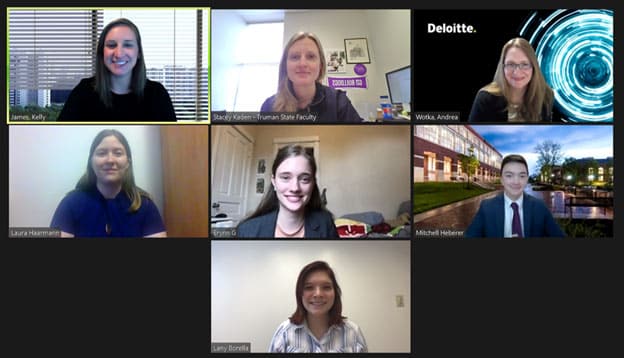
First-Place Finish
Laura Haarmann, Delany Borella, Mitchell Heberer, and Erynn Glaesemann came out on top at the 2021 Deloitte FanTAXtic case competition, beating out teams from more than 40 colleges and universities across the country, including DePaul, Gonzaga, North Carolina State, Syracuse, the University of Houston, the University of Massachusetts, the University of Missouri, and the University of Nebraska.
Meet the Faculty
Admission
Apply early for priority consideration.
Spring Admission:
Apply by November 1
Summer Admission:
Apply by April 1
Fall Admission:
Apply by June 1*
*Complete your application by February 15 to be considered for a Graduate Teaching/Research Assistantship (GTRA) position or graduate Foundation scholarships.
Admission Requirements
OPTIONAL: Graduate Teaching/Research Assistantship (GTRA) application
*not required for Truman Accounting or Business Administration graduates
**Truman Accounting or Business Administration graduates need only submit one letter
Tuition
*Total estimated tuition based on 2025-26 academic year. Tuition subject to change.
Financial Aid
Degree-seeking students enrolled in at least six credit hours per semester are eligible for federal financial aid programs. For more information, see Financial Aid Resources for Graduate Studies or contact the Financial Aid Office at (660) 785-4130 or finaid@truman.edu.
Schedule a Visit

Virtual or In-person
Get an inside look at program specifics, tour your learning environment, and meet your professors.






